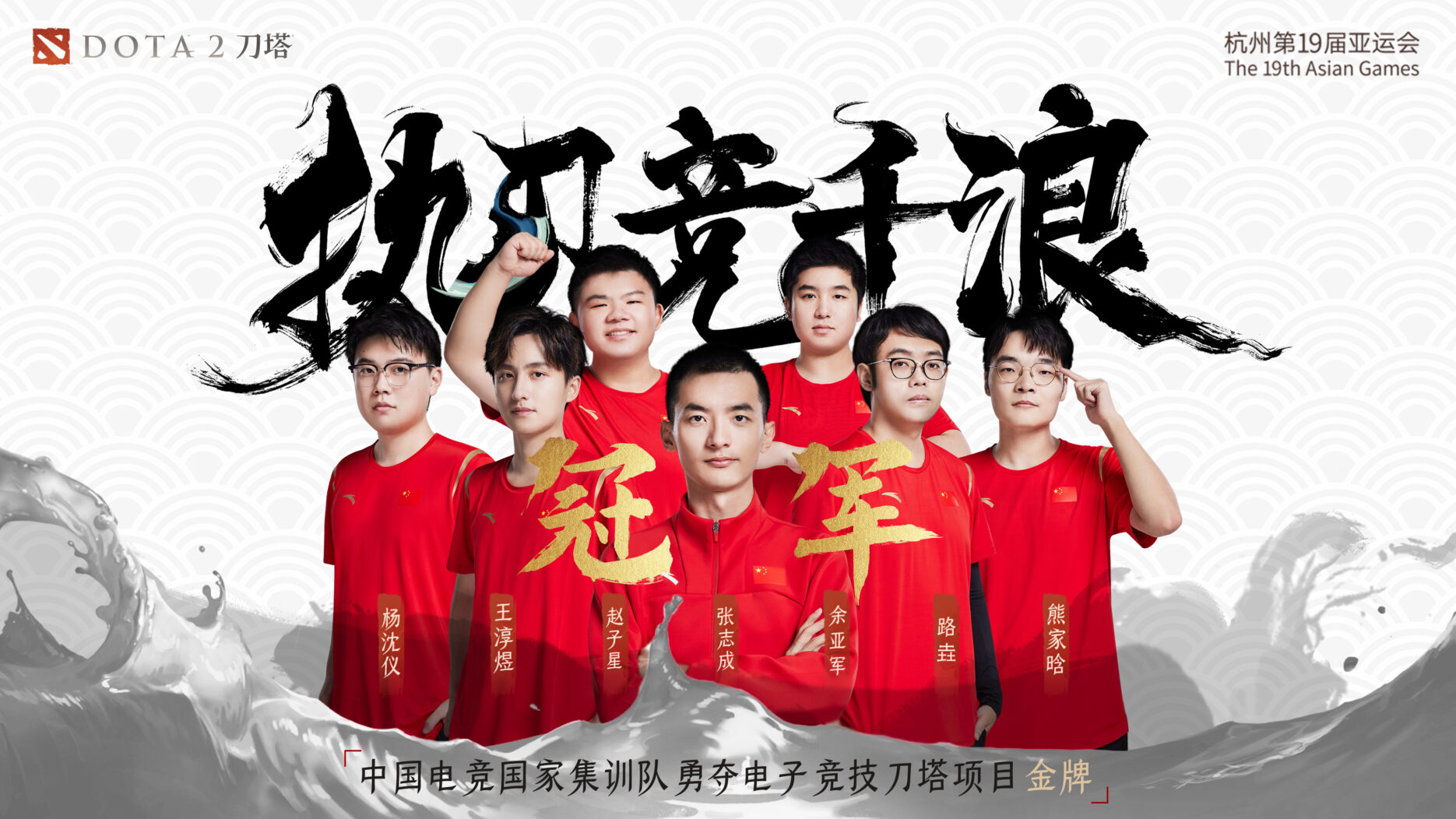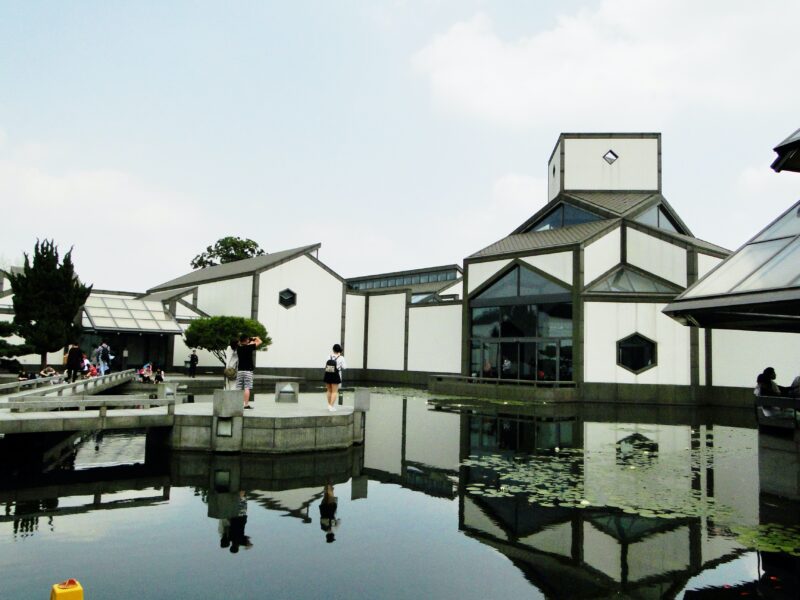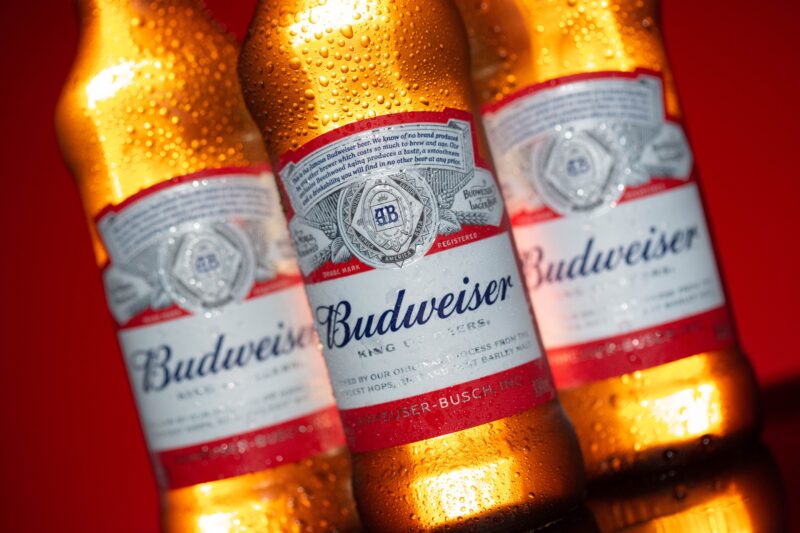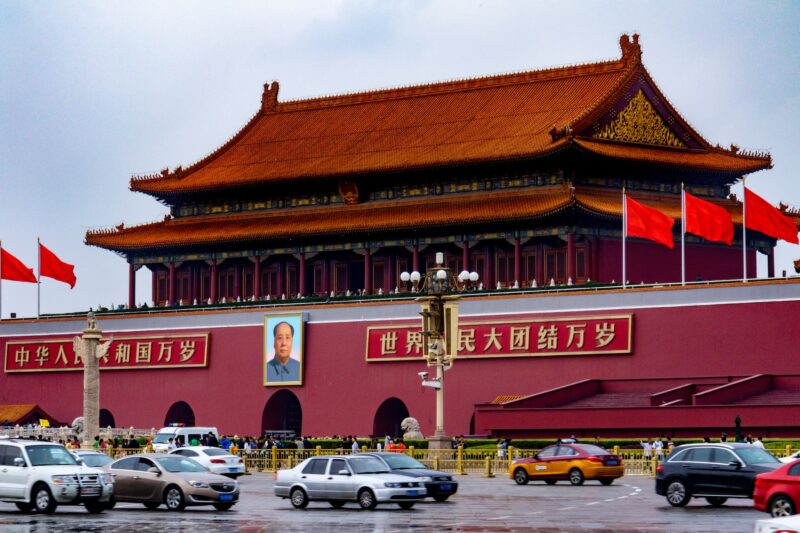The night of 2 October was destined to be a memorable one for Chinese gaming enthusiasts. At the Hangzhou Esports Centre, Team China triumphed over Mongolia with a score of 2:1 in the DOTA2 (an online multiplayer video game) competition, clinching the championship at the Asian Games.
With a lineup of seven online games including DOTA2, this was the first time that esports were showcased at the Asian Games, marking an official recognition of online gaming as a competitive sport on an international level. The national Chinese esports team secured four gold medals and one bronze, leading the medal tally, followed by Korea and Thailand.
The exhilarating news quickly swept through nearly every Chinese social media platform. The hashtag “Chinese team won in DOTA2” garnered a staggering 280 million views on Weibo in just one day as of 3 October, making it to the top of the trending lists on both Weibo and Xiaohongshu.
A Xiaohongshu user posted a humorous picture taken at a local ancestral temple (tai miao) in Wenzhou, Zhejiang province, the hometown of one of the DOTA2 champion players, Nuanyang (暖阳). In this photo, multiple red banners adorned the temple to honour Nuanyang’s contribution to this esports victory. The amusing photo soon became a top trending topic with the accompanying hashtag – “Esports players deserve a place in the ancestral temple now.”
As these championships brought glory to the country, it also vindicated esports gaming. Online games long carried the stigma of being labelled “digital heroin” in China. Nevertheless, recent years have witnessed a profound shift in its perception. As indicated from the social media observations, the Chinese team’s victory at the Hangzhou Asian Games has given virtual games a surge in nationalist enthusiasm.
This shift in attitude has transformed the esports industry into an attractive marketing collaborator over the last few years in China, with esports competitions and players drawing in more sponsors from various sectors, including sportswear, automotive, and cosmetics.
Regardless of how unlikely these partnerships may appear, the clash between different industries serves as a magnet to younger generations, especially when it concerns esports, a passion shared by many.









